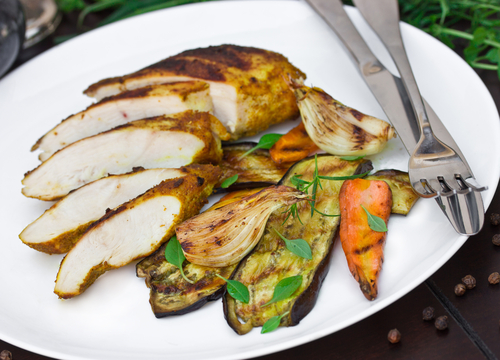Food for thought
In NSW, restaurant kitchen indiscretions are plastered on a public website for all to see. In Victoria, council officers have the power to shut down hygienic premises. In Queensland, food suppliers that fall afoul of regulations can be fined more than $75,000.
These are just some of the risks faced by any business selling food to the public. And it is not just government regulators that can levy penalties on these businesses; customer trust is easily shattered by food poisoning scares and infringement notices can cause insurers to increase premiums or conditions or even withdraw cover altogether.
Fortunately, there is much a broker can do to help hospitality and food production businesses navigate the food safety minefield.
In most places, food suppliers must have food safety plans registered with their local council; however, requirements for compliance auditing vary widely depending on the size, nature and location of the business.
This is where a broker can serve as a trusted adviser to their clients.
Brokers should sit down with all their clients and ensure they are aware what their responsibilities are, along with what is best practice in the industry and among their competitors.
We insist that filters are cleaned on a monthly basis (there are filter exchange programs available that make this easy) and flue cleaning must be done on a six-monthly basis.
Flue cleaning can be arranged on a contract basis, and is already practiced by most of our clients have organised. If there’s minimal or no deep-frying, then it can likely be attended to on an annual basis. Occasionally a client may comment about the price, but it will cost them a lot more if they don’t do it and have an event.
Prevention is the best method. We can give guidance on what the requirements are and what the potential penalties could be if they don’t comply – not just fines but it could mean the closure of your business.












